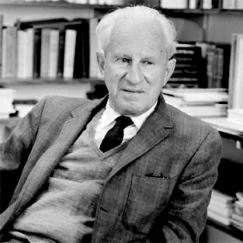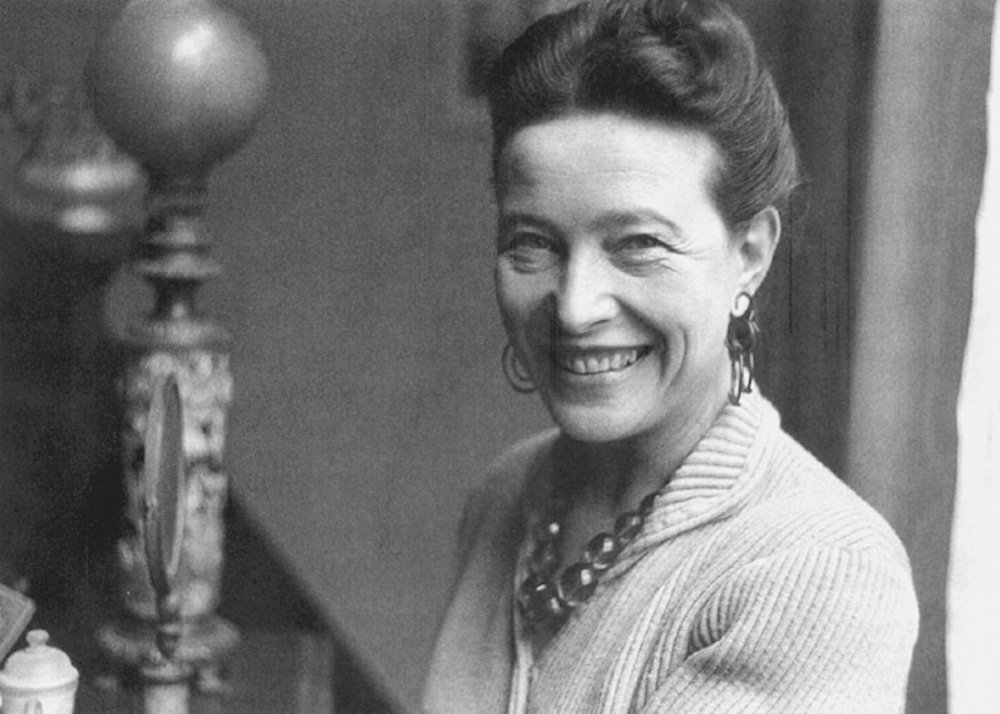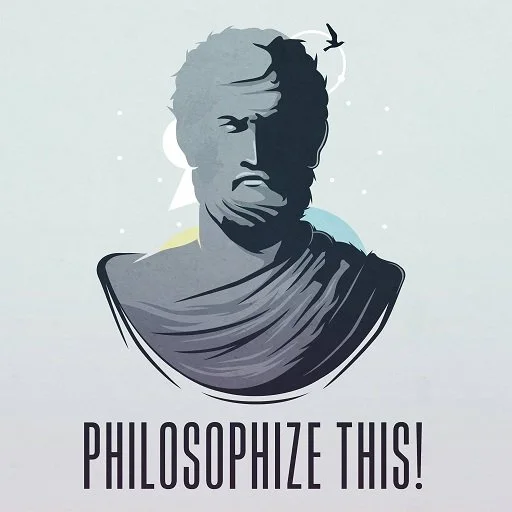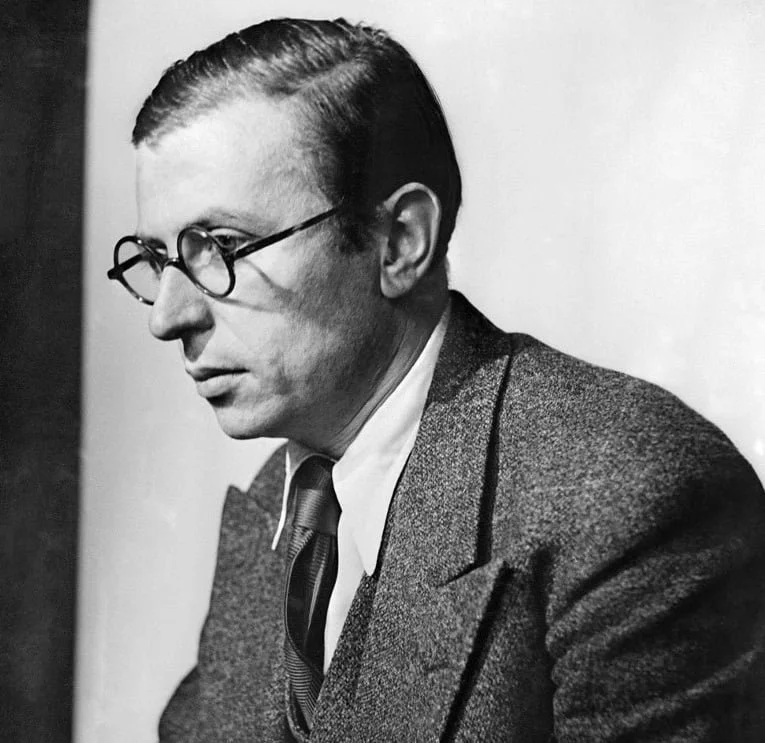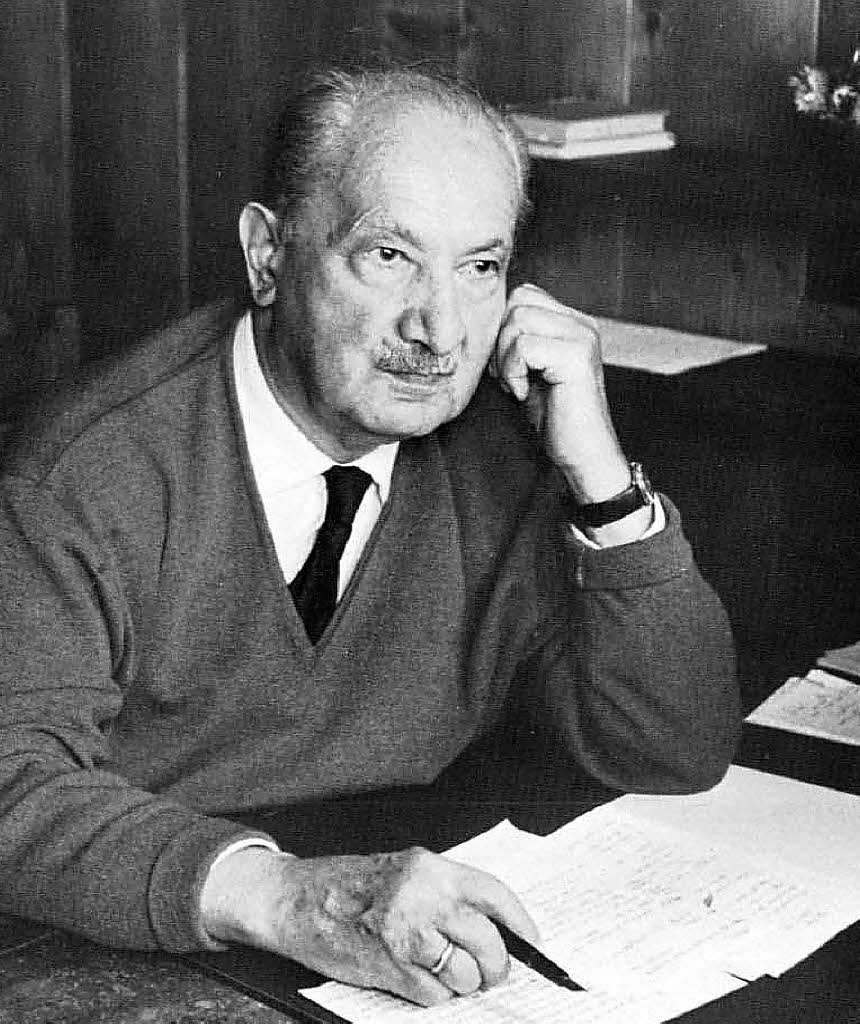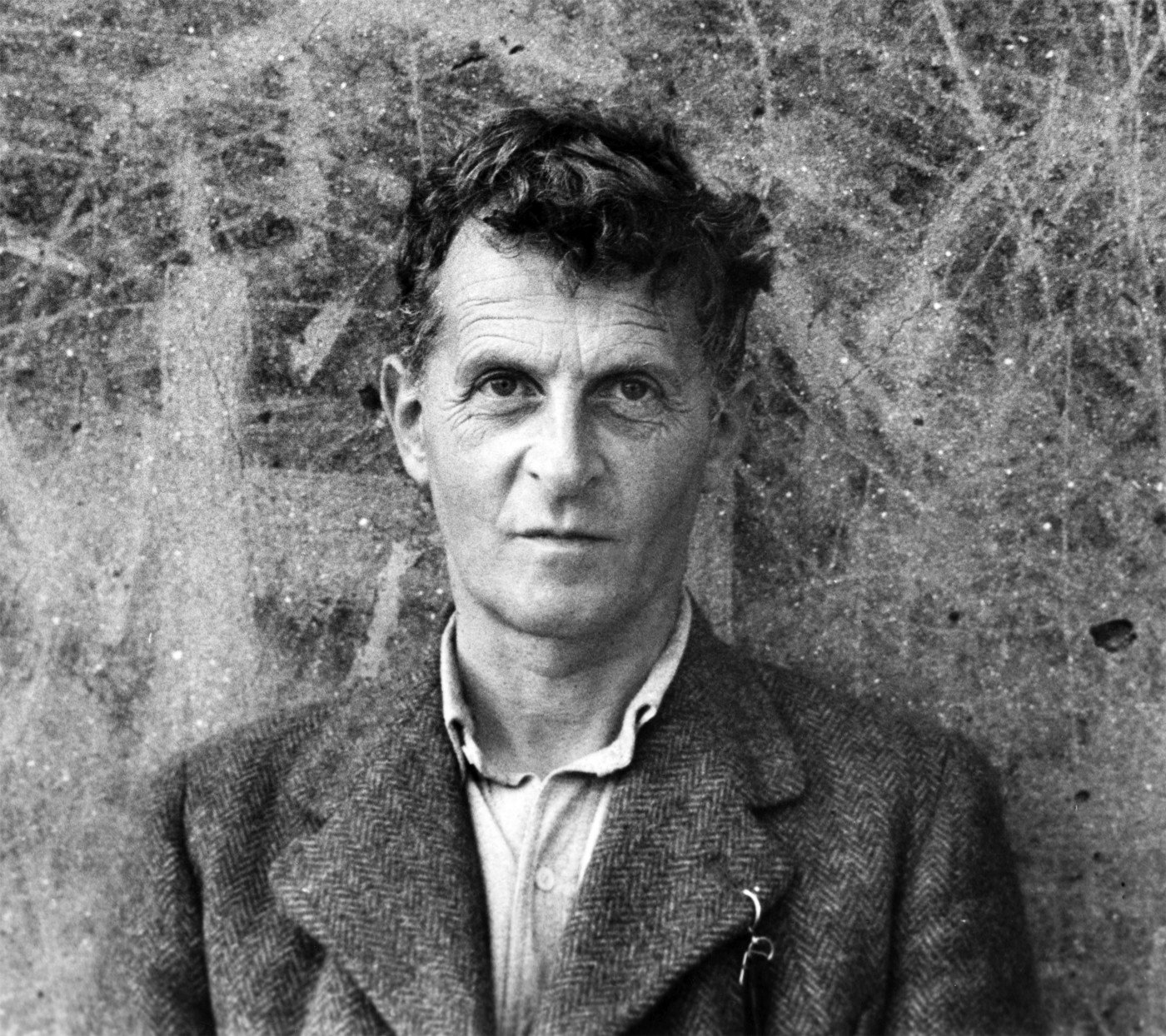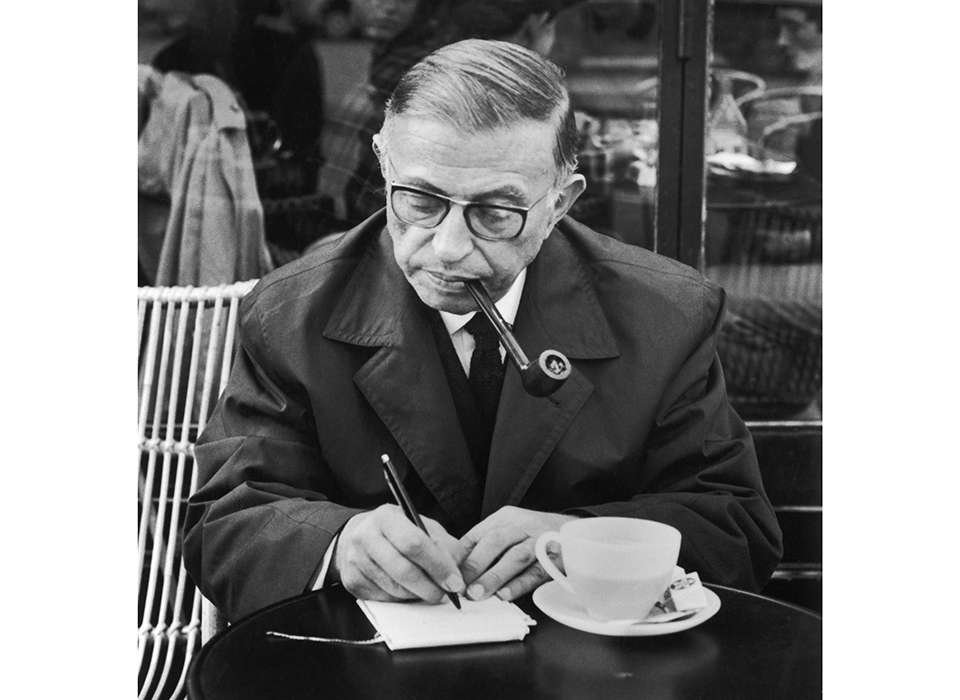Episode #109 - The Frankfurt School Pt. 2 - The Enlightenment
The Frankfurt School Pt. 2 - The Enlightenment
This episode continues the series on the Frankfurt School by stressing the importance of understanding opposing views with empathy rather than labeling others as evil. It explores the Frankfurt School’s core critique of Marx: that he underestimated how ideology and psychology prevent the working class from realizing their oppression. Drawing from Marx, Hegel, and Freud, these thinkers argue that Enlightenment reason—though once liberating—has become a tool for controlling both nature and people, reducing them to objects. This instrumental rationality, they argue, can lead to systems like fascism, even in advanced societies. Herbert Marcuse’s One-Dimensional Man is highlighted for its critique of capitalist democracies, especially the U.S., which he sees as offering the illusion of freedom while reinforcing conformity and consumerism. Marcuse warns that technological progress can mask a deeper, subtler form of totalitarianism driven by economic and cultural forces.
Further Reading:
One-Dimensional Man – Herbert Marcuse (1964)
Eclipse of Reason – Max Horkheimer (1947)
Dialectic of Enlightenment – Max Horkheimer & Theodor W. Adorno (1947)
See the full transcript here.
Thank you to everyone who makes this podcast a possibility in the future.
I could never do this without your support! :)
Episode #108 - The Frankfurt School - Introduction
The Frankfurt School - Introduction
This episode explores the philosophical undercurrents of the 20th century by framing key figures like Sartre, de Beauvoir, Nietzsche, Marx, and Camus not just as isolated thinkers but as participants in larger historical and intellectual movements. The discussion begins with Nietzsche’s famous declaration that “God is dead,” reframing it as a mournful observation about the collapse of shared sources of meaning in the wake of scientific progress. From there, it examines how this loss of moral certainty gave rise to new ideological structures—nationalism, Marxism, and existentialism—as modern people searched for meaning in an increasingly fragmented world. French existentialists emphasized individual freedom and responsibility in response to the horrors of groupthink during World War II, while the Frankfurt School sought to revise Marxism in light of its historical failures and Enlightenment’s limits. The episode ends with a reflection on Camus’ Myth of Sisyphus, proposing that meaning can be reclaimed not through abstract reflection but through deep engagement with our everyday tasks—even when they seem absurd.
Further Reading:
Existentialism from Dostoevsky to Sartre by Walter Kaufmann (2004)
The Frankfurt School: Its History, Theories, and Political Significance by Rolf Wiggershaus (1995)
Camus and the Challenge of Political Thought: Between Despair and Hope by Patrick Hayden (2016)
See the full transcript here.
Thank you to everyone who makes this podcast a possibility in the future.
I could never do this without your support! :)
Episode #107 - Simone De Beauvoir Pt. 2 - The Ethics of Ambiguity
Simone De Beauvoir Pt. 2 - The Ethics of Ambiguity
This episode delves into Simone de Beauvoir’s The Ethics of Ambiguity, where she argues that being human means living in constant tension between opposing forces—individual and collective, freedom and responsibility, subject and object. Instead of trying to escape this ambiguity through rigid beliefs or simplified identities, she urges us to face it honestly. True freedom, she says, isn’t just about pursuing our own goals—it also requires us to actively support the freedom of others. Beauvoir critiques common strategies people use to avoid this responsibility, such as blind obedience, apathy, or self-centered pursuits. She also challenges the idea that we can remain neutral or objective by staying detached from the world, calling this the “aesthetic attitude.” Instead, she argues that we are all part of history in motion, and we each play a role in shaping the future. Ethics, like art or science, doesn’t provide easy answers—it requires reflection, humility, and the courage to act in a world full of uncertainty.
Further Reading:
The Ethics of Ambiguity by Simone de Beauvoir (1947)
The Philosophy of Simone de Beauvoir: Ambiguity, Conversion, Resistance by Penelope Deutscher (2008)
Simone de Beauvoir: The Making of an Intellectual Woman by Toril Moi (1994)
See the full transcript here.
Thank you to everyone who makes this podcast a possibility in the future.
I could never do this without your support! :)
Episode #106 - Simone De Beauvoir Pt. 1 - The Ethics of Ambiguity
Simone De Beauvoir Pt. 1 - The Ethics of Ambiguity
In this episode, the discussion builds on Sartre’s view of human existence as a constant tension between facticity—the unchangeable facts of our lives—and transcendence—the possibilities we have to shape ourselves. Simone de Beauvoir deepens this idea in The Ethics of Ambiguity by arguing that human beings do not live in just one tension but inhabit a web of overlapping dualities: subject and object, individual and collective, mind and body. Rather than simplify these contradictions, she insists we must face them honestly, embracing the inherent ambiguity of existence. De Beauvoir critiques historical philosophy and religion for offering comforting but false narratives that obscure this truth. She emphasizes that freedom—our unavoidable capacity to choose—is the foundation of any ethical life. However, she warns that many fall into “bad faith,” adopting fixed identities or nihilism to escape the discomfort of freedom. Instead, true ethical living requires not only accepting our own freedom but working to maximize the freedom of others. Through this lens, meaning is not discovered but created through action, and ethics begins with the acknowledgment that we are condemned to be free.
Further Reading:
At the Existentialist Café: Freedom, Being, and Apricot Cocktails by Sarah Bakewell (2016)
Existentialism from Dostoevsky to Sartre edited by Walter Kaufmann (1956)
Existentialism for Everyday Life: Finding Meaning in a Chaotic World by Aurora Koskinen (2023)
See the full transcript here.
Thank you to everyone who makes this podcast a possibility in the future.
I could never do this without your support! :)
Episode #105 - Sartre and Camus Pt. 6 - The Self
Episode #105 - Sartre and Camus Pt. 6 - The Self
This episode challenges the modern tendency to view the self as a hidden, immutable essence deep within us and instead explores Jean-Paul Sartre’s existential view that the self is not a fixed soul but a dynamic construct shaped by our actions, limitations, and possibilities. Using vivid analogies—from the chaos of infancy to fantasies of heroism and identity—Sartre’s framework of facticity (the facts of our existence) and transcendence (our capacity for change) is unpacked as a constant interplay that defines who we are. Sartre warns against “bad faith,” our habit of denying either our freedom or our limitations to avoid the discomfort of responsibility. The episode also introduces being-for-others, Sartre’s idea that our identity is co-constructed by how others perceive us, cautioning against over-identifying with others’ judgments or our own narratives. Ultimately, Sartre argues that we are what we do—not what we claim to be or feel inside—and understanding ourselves requires looking not inward, but outward, to our choices and their impact in the world.
Further Reading:
Existentialism Is a Humanism by Jean-Paul Sartre (2007)
Sartre's Existentialism and Humanism (SCM Briefly) by David Mills Daniel (2007)
Existentialism and Excess: The Life and Times of Jean-Paul Sartre by Gary Cox (2016)
See the full transcript here.
Thank you to everyone who makes this podcast a possibility in the future.
I could never do this without your support! :)
Episode #104 - Sartre and Camus Pt. 5 - Consciousness is Freedom
Episode #104 - Sartre and Camus Pt. 5 - Consciousness is Freedom
This episode explores Sartre’s radical idea that consciousness is freedom—an insight grounded in his belief that consciousness is not a container or fixed essence but an active, dynamic nothingness. Rather than being trapped in the mind, Sartre argues that consciousness is always directed toward the world, unified with it, and responsible for introducing “negation”—the awareness of what is not. Through vivid metaphors and comparisons to thinkers like Descartes, Heidegger, and Husserl, the episode highlights Sartre’s distinction between being-in-itself (the inert, objective world) and being-for-itself (consciousness). This framework explains our experiences of absence, choice, and emotional response. Examples like the gambler, the edge of a cliff, or getting angry in traffic reveal how we constantly choose who we become—and how we often deny this freedom by blaming the unconscious or emotions. But for Sartre, even these feelings are strategies, and recognizing our responsibility is what makes us truly free, though it often brings with it a deep sense of anguish.
Further Reading:
Sartre: Consciousness, Freedom, Bad Faith by Gary Cox (2014)
Sartre For Beginners by Donald D. Palmer (2007)
At the Existentialist Café by Sarah Bakewell (2016)
See the full transcript here.
Thank you to everyone who makes this podcast a possibility in the future.
I could never do this without your support! :)
Episode #103 - Sartre and Camus Pt. 4 - The Quest For Certainty
Episode #103 - Sartre and Camus Pt. 4 - The Quest For Certainty
This episode explores the philosophical journey from Descartes to Sartre, tracing how the modern quest for certainty evolved into a deeper inquiry into human consciousness and existence. It begins with Descartes’ attempt to ground knowledge in clear and distinct ideas, introducing a rigorous method aimed at eliminating philosophical speculation. Kant challenges Descartes by arguing that our minds actively shape experience, setting the stage for idealism. As skepticism about reason and universal truths grows, thinkers like Kierkegaard and Nietzsche shift focus toward individual experience. Husserl responds by founding phenomenology, emphasizing the structures of consciousness while distinguishing between the scientific “natural attitude” and the philosophical “phenomenological attitude.” Sartre, influenced by both Husserl and Heidegger, rejects the idea of consciousness as a passive container and instead sees it as dynamic, intentional, and inseparable from the world. He questions the philosophical tendency to explain individuals through abstract categories, emphasizing instead lived experience, freedom, and responsibility—laying the groundwork for existentialism.
Further Reading:
At the Existentialist Café: Freedom, Being, and Apricot Cocktails by Sarah Bakewell (2016)
Irrational Man: A Study in Existential Philosophy by William Barrett (1958)
A Companion to Phenomenology and Existentialism by Hubert L. Dreyfus and Mark A. Wrathall (2006)
See the full transcript here.
Thank you to everyone who makes this podcast a possibility in the future.
I could never do this without your support! :)
Episode #102 - Heidegger Pt. 3 - Authenticity
Episode #102 - Heidegger Pt. 3 - Authenticity
In this episode, the focus is on Heidegger’s critique of the modern philosophical tendency to view the world as an object to be known rather than a context we’re fundamentally embedded in. Building on the legacy of Descartes, Heidegger challenges the subject-object framework and instead asks us to examine what it is like to be a human being. Central to this inquiry is the concept of Dasein—a being that both questions its own existence and is constantly engaged in meaningful activity. Heidegger outlines three forces that shape what Dasein cares about—facticity (the conditions we’re born into), fallenness (how we adopt behaviors from others), and existentiality (our unique potential for choice). Living authentically, then, means confronting these influences and taking responsibility for our own existence, even in the face of mortality. Heidegger argues that truly facing death reveals who we are beyond social roles or surface-level identities, and he calls on us to return to our cultural traditions with clarity, living deliberately rather than passively.
Further Reading:
Being and Time by Martin Heidegger (1927)
Heidegger: A Guide for the Perplexed by David Cerbone (2008)
Heidegger's Being and Time: An Introduction by William Blattner (2006)
See the full transcript here.
Thank you to everyone who makes this podcast a possibility in the future.
I could never do this without your support! :)
Episode #101 - Heidegger Pt. 2 - Science and Technology
Episode #101 - Heidegger Pt. 2 - Science and Technology
In this episode, the discussion revisits the roots of Western philosophy to examine how early thinkers like Plato and Aristotle, in their efforts to make sense of a mysterious and chaotic world, laid the groundwork for a scientific and philosophical tradition that, according to Heidegger, gradually obscured the true nature of being. Heidegger challenges the longstanding tendency to view existence through detached, objective methods—treating the world as a collection of entities measured and manipulated rather than something we are intrinsically part of. He argues that modern technology intensifies this alienation by turning nature—and even people—into resources, reinforcing a utilitarian mindset that strips the world of mystery and meaning. Heidegger urges a return to a more original, immersive mode of questioning: not what a human being is, but what it’s like to be a human being. At the heart of this shift lies Dasein—our unique capacity to question existence itself, a capacity that modern society, fixated on control and utility, increasingly suppresses.
Further Reading:
Being and Time by Martin Heidegger (1927)
Heidegger: An Introduction by Richard Polt (1999)
Heidegger: A Very Short Introduction by Michael Inwood (2000)
See the full transcript here.
Thank you to everyone who makes this podcast a possibility in the future.
I could never do this without your support! :)
Episode #100 - Heidegger Pt. 1 - Phenomenology and Dasein
Episode #100 - Heidegger Pt. 1 - Phenomenology and Dasein
This episode begins with a humorous philosophical anecdote—Plato’s definition of a human being as a “featherless biped” and Diogenes’ infamous rebuttal with a plucked chicken—introducing ontology: the study of existence and what it means to “be.” From there, the discussion traces the development of ontological inquiry through Edmund Husserl’s phenomenology, a method focused not on the external world, but on the structures of human consciousness and how we experience reality. Husserl’s goal was to reach certainty by “bracketing” assumptions and identifying the essence of experiences. However, his student, Martin Heidegger, found phenomenology lacking for failing to address existence itself. Heidegger reorients philosophy around the concept of Dasein—“being there”—arguing that we are not detached observers of the world but beings fundamentally embedded in it. This ontological shift challenges the long-standing subject-object framework of Western thought and suggests that many global and philosophical issues stem from neglecting these foundational questions. Heidegger insists that understanding what it means to be is not esoteric but vital, as it underpins every other question we ask about the world.
Further reading:
The Basic Problems of Phenomenology by Martin Heidegger (1982)
Cartesian Meditations: An Introduction to Phenomenology by Edmund Husserl (1960)
Being and Time by Martin Heidegger (1927)
See the full transcript here.
Thank you to everyone who makes this podcast a possibility in the future.
I could never do this without your support! :)
Episode #099 - Schopenhauer Pt. 2 - Ethics
Episode #099 - Schopenhauer Pt. 2 - Ethics
On this episode, we take a look at the ethics of Arthur Schopenhauer.
Further Reading:
The Essential Schopenhauer: Key Selections from The World as Will and Representation and Other Writings by Arthur Schopenhauer, edited by Wolfgang Schirmacher (2009)
The Philosophy of Schopenhauer by Bryan Magee (1997)
Schopenhauer: A Very Short Introduction by Christopher Janaway (2002)
See the full transcript here.
Thank you to everyone who makes this podcast a possibility in the future.
I could never do this without your support! :)
Episode #098 - Schopenhauer Pt. 1 - Metaphysics and Love
Episode #098 - Schopenhauer Pt. 1 - Metaphysics and Love
On this episode, we take a look at the the metaphysics of Arthur Schopenhauer and touch briefly on his views on love.
Further Reading:
Schopenhauer: A Very Short Introduction by Christopher Janaway (2002)
Essays and Aphorisms by Arthur Schopenhauer, translated by R.J. Hollingdale (1970)
The Philosophy of Schopenhauer by Bryan Magee (1997, revised edition)
See the full transcript here.
Thank you to everyone who makes this podcast a possibility in the future.
I could never do this without your support! :)
Episode #097 - Wittgenstein Pt. 1
Episode #097 - Wittgenstein Pt. 1
On this episode, we take a look at the the limitations of language as described by Ludwig Wittgenstein.
Further Reading:
Wittgenstein: A Very Short Introduction by A.C. Grayling (2001)
A Beginner's Guide to the Later Philosophy of Wittgenstein: Seventeen Lectures and Dialogues on the Philosophical Investigations by Peter Hacker (2024)
Wittgenstein's Philosophical Investigations: An Introduction by David G. Stern (2004)
See the full transcript here.
Thank you to everyone who makes this podcast a possibility in the future.
I could never do this without your support! :)
Episode #094 - A Look at Suffering
Episode #094 - A Look at Suffering
On this episode, we take a look at the concept of suffering from multiple different angles.
Further Reading:
Progress: Ten Reasons to Look Forward to the Future by Johan Norberg (2016)
The Transhumanism Handbook edited by Newton Lee (2019)
The Book: On the Taboo Against Knowing Who You Are by Alan Watts (1966)
See the full transcript here.
Thank you to everyone who makes this podcast a possibility in the future.
I could never do this without your support! :)
Episode #093 - Nietzsche Pt. 4 - Love
Episode #093 - Nietzsche Pt. 4 - Love
On this episode, we take a look at Friedrich Nietzsche and his thoughts on the concept of love.
Further Reading:
Nietzsche on Love by Friedrich Nietzsche, edited and translated by Ulrich Baer (2020)
Nietzsche for Beginners by Marc Sautet (1992)
Thus Spoke Zarathustra: A New Translation in Modern Accessible Language by Friedrich Nietzsche (2024)
See the full transcript here.
Thank you to everyone who makes this podcast a possibility in the future.
I could never do this without your support! :)
Episode #092 - Nietzsche Pt. 3 - Thus Spoke Zarathustra
Episode #092 - Nietzsche Pt. 3 - Thus Spoke Zarathustra
On this episode, we take a look at Friedrich Nietzsche and his revolutionary work entitled Thus Spoke Zarathustra.
Further Reading:
Nietzsche: Philosopher, Psychologist, Antichrist by Walter Kaufmann (1950)
Nietzsche: A Very Short Introduction by Michael Tanner (2000)
Nietzsche's Teaching: An Interpretation of Thus Spoke Zarathustra by Laurence Lampert (1986)
See the full transcript here.
Thank you to everyone who makes this podcast a possibility in the future.
I could never do this without your support! :)
Episode #091 - Nietzsche Pt. 2 - The Will to Power
Episode #091 - Nietzsche Pt. 2 - The Will to Power
On this episode, we take a look at Friedrich Nietzsche and his often misunderstood concept of 'the will to power.'
Further Reading:
A Beginner's Guide to Nietzsche's Beyond Good and Evil, Gareth Southwell (2009)
Nietzsche: Philosopher, Psychologist, Antichrist, Walter Kaufmann (1974)
Nietzsche: A Philosophical Biography, Rüdiger Safranski (2002)
See the full transcript here.
Thank you to everyone who makes this podcast a possibility in the future.
I could never do this without your support! :)
Episode #090 - Nietzsche Pt. 1 - God is Dead And So Is Captain Morgan
Episode #090 - Nietzsche Pt. 1 - God is Dead And So Is Captain Morgan
On this episode, we take a look at Friedrich Nietzsche and his views on the role of religion and alcohol as calming influences.
Further Reading:
Nietzsche For Beginners – Marc Sautet (2007)
Nietzsche: A Very Short Introduction – Michael Tanner (2000)
Nietzsche: Philosopher, Psychologist, Antichrist – Walter Kaufmann (1974)
See the full transcript here.
Thank you to everyone who makes this podcast a possibility in the future.
I could never do this without your support! :)
Episode #089 - Simone De Beauvoir
Episode #089 - Simone De Beauvoir
On this episode, we take a look at Simone De Beauvoir and her revolutionary work The Second Sex.
Think Like a Feminist: The Philosophy Behind the Revolution, Carol Hay (2020)
Feminism: A Beginner's Guide, Sally J. Scholz (2010)
We Should All Be Feminists, Chimamanda Ngozi Adichie (2014)
See the full transcript here.
Thank you to everyone who makes this podcast a possibility in the future.
I could never do this without your support! :)
Episode #088 - Sartre and Camus Pt. 3
Episode #088 - Sartre and Camus Pt. 3
On this episode, we take a look at the great post WW2 debate between Sartre and Camus.
Further Reading:
Camus and Sartre: The Story of a Friendship and the Quarrel That Ended It – Ronald Aronson (2004)
At the Existentialist Café: Freedom, Being, and Apricot Cocktails – Sarah Bakewell (2016)
The Rebel – Albert Camus (1951)
See the full transcript here.
Thank you to everyone who makes this podcast a possibility in the future.
I could never do this without your support! :)


